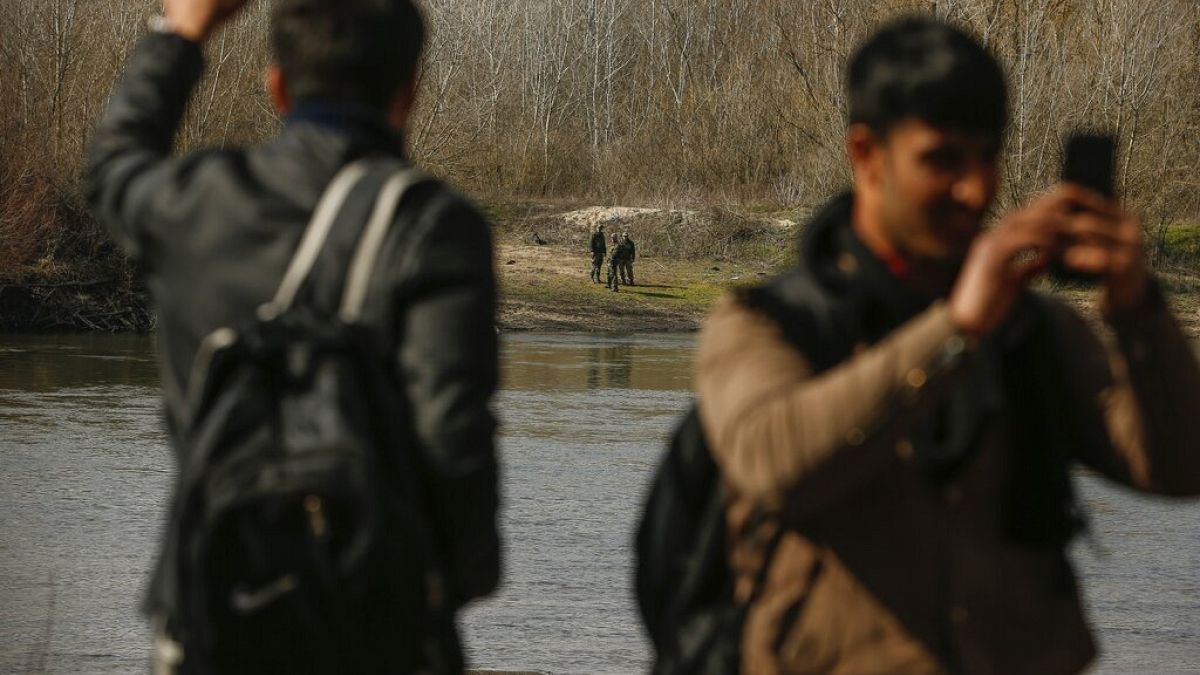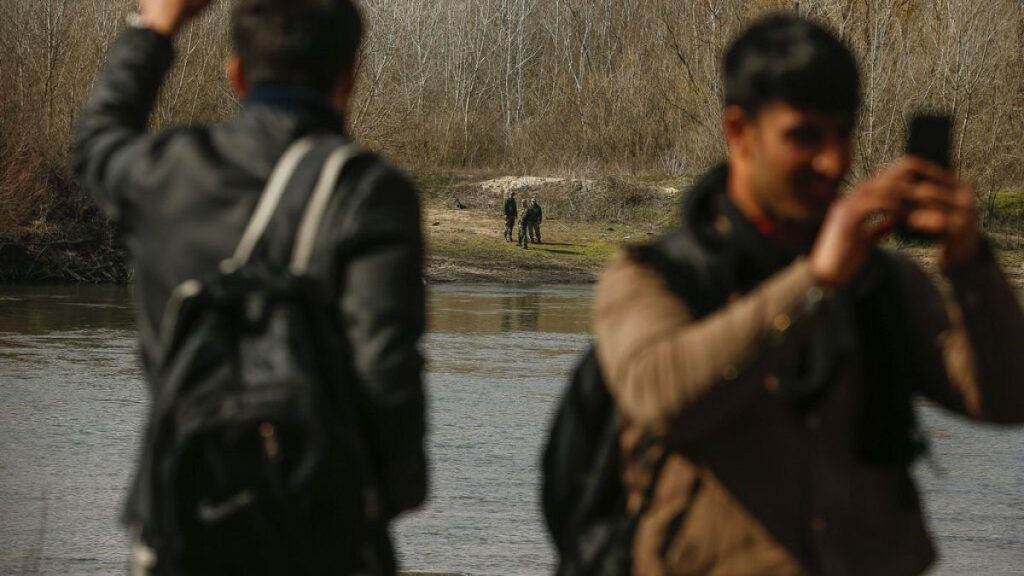Greece has approved a law giving rejected asylum seekers a 14-day deadline to leave the country, with penalties including imprisonment and fines for those who fail to comply.
The new legislation, described as “harsh,” mandates prison sentences, fines, and requires rejected asylum seekers to wear electronic bracelets, reflecting the center-right government’s tougher stance to deter irregular migrants.
The law imposes prison terms ranging from two to five years on asylum seekers whose applications are rejected and who do not leave within 14 days. It also extends the detention period for undocumented arrivals from 18 to 24 months and abolishes the right to regularize status for migrants residing for seven years. Additionally, a fine of 10,000 euros is imposed on those convicted of illegal entry.
Immigration Minister Thanos Plevris told parliament: “We are accountable to Greek citizens, and the message to migrants is clear: if your asylum claim is rejected, you have two options, either prison or return to your country. The Greek state does not accept you.”
This law follows a decision by Prime Minister Kyriakos Mitsotakis about two months ago to suspend asylum applications for 90 days after a surge in arrivals to the islands of Crete and Gavdos. In the first week of July alone, over two thousand people arrived from Libya, a notable increase despite the overall decline in migrant numbers since 2015.
Mitsotakis defended the measure as a strong message to smuggling networks that “the road to Greece is closed,” but human rights organizations condemned it as a blatant violation of international law.
The law sparked widespread controversy domestically, with judges’ unions describing it as repressive, while experts and politicians criticized it, arguing Greece needs to open legal migration pathways amid a severe labor shortage and a demographic crisis that forced the education ministry last week to close over 750 schools due to lack of students.
Dimitris Kairidis, former Immigration Minister who legalized the status of 30,000 migrant workers in agriculture, construction, and tourism, said deterrence is important, “but it is also necessary to encourage legal migration to support the growing economy.”
Meanwhile, Greek Council for Refugees director Lefteris Papagianis called the law “racist and illogical,” considering it an attempt by Mitsotakis to attract far-right voters.














Recommended for you
Exhibition City Completes About 80% of Preparations for the Damascus International Fair Launch
Talib Al-Rifai Chronicles Kuwaiti Art Heritage in "Doukhi.. Tasaseem Al-Saba"
Unified Admission Applications Start Tuesday with 640 Students to be Accepted in Medicine
Al-Jaghbeer: The Industrial Sector Leads Economic Growth
Ministry of Media Announces the 10th Edition of 'Media Oasis'
Love at First Sight.. Karim Abdel Aziz and Heidi: A Love That Began with a Family Gathering and 20 Years of Marriage